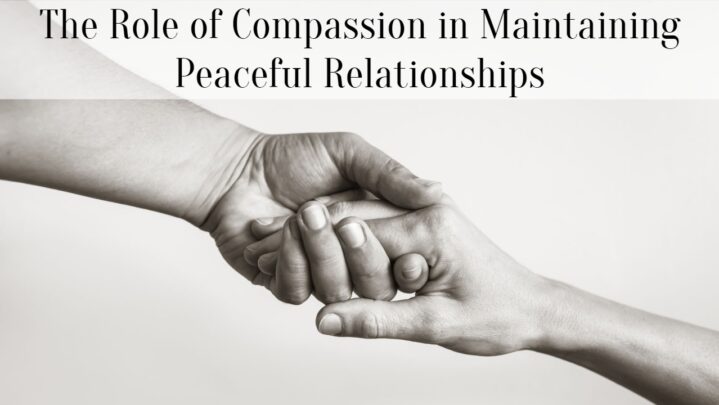It is the ability to comprehend and empathize with the feelings and experiences of others, even if they differ from our own. Compassion helps us to connect on a deeper level with others, leading to a greater understanding of their needs and desires.
Compassion enables us to approach confrontations and disagreements with a calm and empathic perspective, which can assist to de-escalate difficult circumstances. When we exhibit compassion to others, we indicate that we are listening to them and taking their point of view into account. This fosters reciprocal respect and trust, which is essential for establishing and sustaining healthy partnerships.
Furthermore, showing compassion to others increases our chances of receiving compassion in return. Compassion may result in a positive feedback loop that leads to a more peaceful and happy relationship. We may interrupt the cycle of negativity and antagonism in relationships by choosing to be compassionate.
Compassion, in addition to its function in resolving disputes, may also prevent them from occurring in the first place. We are less likely to act in ways that may be viewed as harmful or disrespectful when we take the effort to learn and appreciate the opinions of others. This can keep misunderstandings and angry feelings from becoming full-fledged fights. Finally, compassion is a necessary component in maintaining harmonious relationships.





